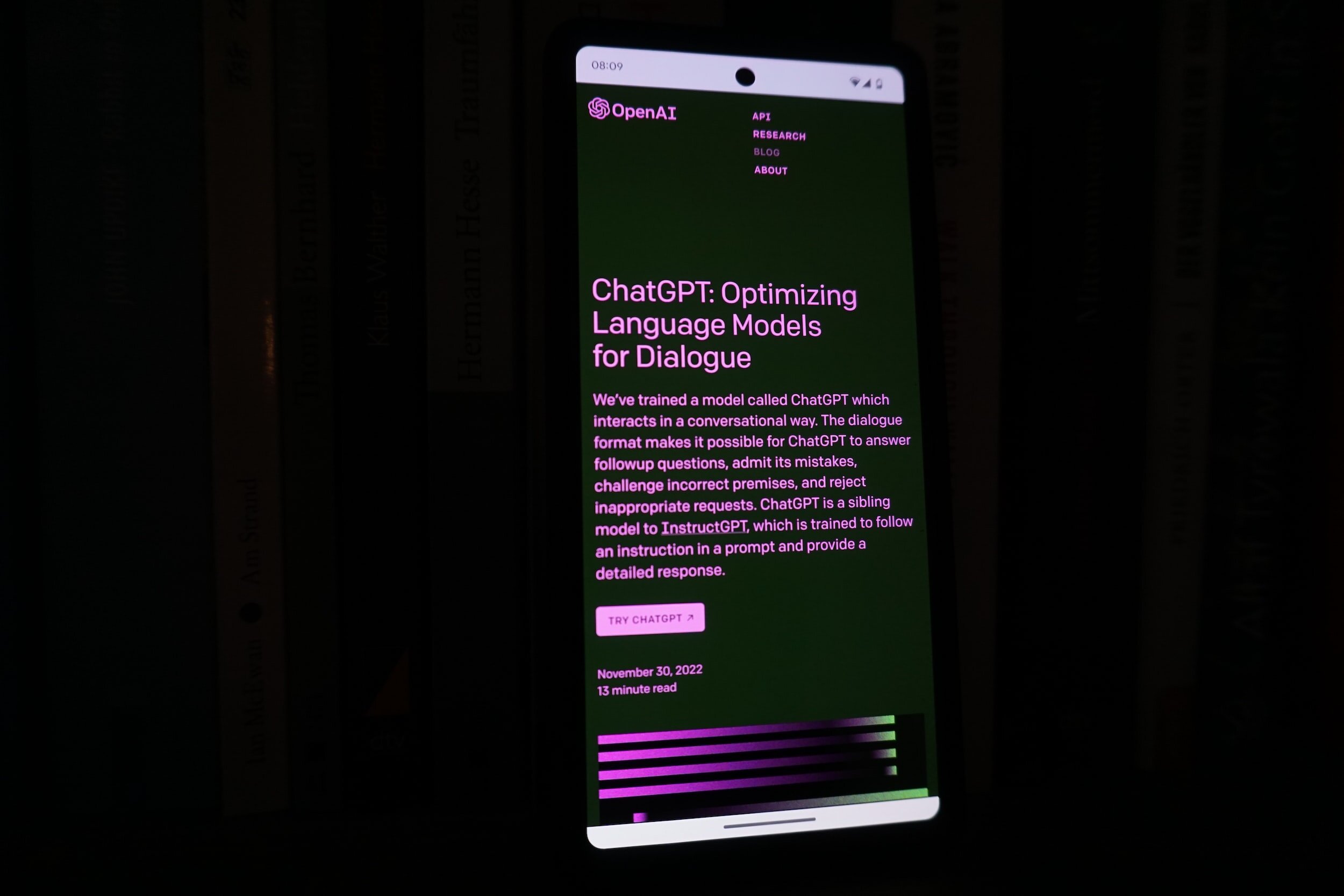What Is ChatGPT? It's Uses and What You Should Know
ChatGPT is a nifty artificial intelligence (AI) tool created by OpenAI that enables users to engage in conversations that mimic humans. ChatGPT has made waves worldwide because for the first time users have access to Artificial Intelligence with a simple click.You can have answers to complex questions in seconds ranging from coding to emails and essays. Yes that is what all the fuss is about.
ChatGPT can understand natural language input and generate responses in real-time, this makes it a valuable asset for various applications and businesses such as chatbots, virtual assistants, content generation, translation and much much more.
It was released back in 2022 on the 30th of November. This service is available for public use free of charge. But unfortunately as we all know, nothing is actually free. The actual reason for this is so that the tool can get better through data collection such as feedback and research. It is essentially learning everything from the users.
With that said you can also get a paid version of the service which is known as ChatGPT plus.
Regarding ChatGPT, a lot of tech enthusiasts have differing views. Elon Musk has expressed a variety of views on artificial intelligence and has even warned the world of its dangers. “..It has the potential of civilization destruction,”. Ironically, Elon Musk later disowned this wonderful product despite having been an early investor and board co-chair.
The CEO of Tesla and Twitter recently disclosed to Fox News his plans to introduce a new AI tool called "TruthGPT.". He said he wants this tool to be, “maximum truth-seeking AI that tries to understand the nature of the universe.” He accused OpenAI of "training the AI to lie" and said that OpenAI has since transformed into a "closed source," "for-profit" organisation "closely allied with Microsoft."
Controversies and opinions aside,
What can ChatGPT do for the average user?
Generate high-quality content for personal or professional purposes.
Generate great ideas and brainstorm with an AI tool.
Automate personal tasks using chatbots or virtual assistants.
Provide real-time responses to users' queries.
Improve overall productivity by streamlining workflows.
Assist with language translation for multilingual communication.
Generate creative writing prompts for personal or educational use.
Generate social media content from video scripts to social media posts.
Assist with research by generating related keywords and topics.
Improve writing skills by providing real-time feedback on grammar, syntax, and tone.
Debug flaws in your code and write code for you.
The sky's the limit when you have a writing assistant backing you.
How To Access ChatGPT?
There are several ways to access ChatGPT depending on your specific needs and use case. Here are some common ways to access ChatGPT:
Online Chat Platforms: Several chat platforms, such as Facebook Messenger, Slack, and Telegram, have integrated ChatGPT technology to improve their chatbots' responses. You can access ChatGPT by simply interacting with the chatbot on these platforms.
API Integration: ChatGPT can also be accessed via API integration, allowing developers to build custom chatbots or virtual assistants that utilise ChatGPT's technology. OpenAI provides an API for developers to access ChatGPT's technology and integrate it into their applications.
Online Chat Tools: Several online chat tools, such as Tars and Landbot, provide access to ChatGPT's technology to improve their chatbots' responses. You can access ChatGPT by using these online chat tools to build your custom chatbot or virtual assistant.
GPT-3 Enabled Apps: Several mobile and desktop apps, such as Copy.ai and AI Dungeon, utilise GPT-3 technology, which powers ChatGPT, to generate content or provide personalised responses. You can access ChatGPT's technology by using these GPT-3 enabled apps.
In summary, you can access ChatGPT through online chat platforms, API integration, online chat tools, and GPT-3 enabled apps, depending on your specific needs and use case. Don’t forget that the latest version of ChatGPT (GPT 4) can be accessed via the Bing Chatbot.
Can ChatGPT Content Be Detected?
The ability to identify ChatGPT-generated content as such or not often depends on the specific type of content produced by the ChatGPT.
It can be challenging to distinguish between text produced by humans and AI.
The tone of voice used in the text can be relied on to determine this.Researchers have developed several methods to attribute text to specific language models, such as model fingerprinting or probing. With a high degree of accuracy, these techniques can be used to determine whether a piece of material was produced by ChatGPT or another AI language model.
OpenAI launched a free tool that can detect whether the content is AI generated or not. However it is not as accurate as one would expect it to be. There are also other AI detectors in the market such as Content at Scale AI Content Detection and Writer AI Content Detector among various others.
You are strongly advised not to submit AI-generated work for assignments or for publication. You risk losing credibility and perhaps expulsion for plagiarism if you do this.
What limitations does ChatGPT come with?
Without a question, ChatGPT is a ground-breaking tool. When you begin to use it frequently, its limits become immediately apparent. Simply because of the way certain questions have been phrased, it is unable to respond. As a result, you must modify the question so that the AI tools can interpret it.
There are substantial limitations in terms of the content's quality that you receive. If you ask the programme to generate material, it will frequently keep repeating certain parts of the piece. Sometimes the answers are even illogical.
When you ask the tool about its database, it is not up to date which means if you are expecting more recent information. You will have to go back to your good old friend Google for an up to date response. If you ask ChatGPT about the recent earthquake in Turkey it will not have any information about it.
What Are The Common Concerns About ChatGPT?
Many people are concerned about job security now that ChatGPT is widely popular. Especially writers. ChatGPT can deliver an article about any given topic within seconds.
Other concerns include the credibility of information the AI tools provide. In many cases some of the answers are not accurate. This can lead to misinformation being spread and used by others. Therefore using these tools comes with its own responsibility of double checking any information before one publishes it.
Is ChatGPT Good For The Society?
ChatGPT is in general a helpful tool that is making lives easier by assisting creators and job seekers with tasks that would otherwise take ages. It is also great in the fact that the information it provides is not because of paid advertisements which you’ll notice with google. If you type in ‘top 5 laptop in 2023’, there are chances you will be bombarded with recommendations that benefit affiliate marketers. Thus, to avoid that you can always ask ChatGPT once it updates its database to 2023.
If ChatGPT or any other AI tools is used smartly, it can be great for society overall. However many individuals believe AI will take over the world. Elon Musk, the CEO of Tesla and Twitter, has also expressed concerns about how artificial intelligence would affect society in the future.
AI technologies such as ChatGPT have raised several ethical issues that need to be addressed. Here are some of the ethical concerns associated with ChatGPT:
Bias and fairness: One of the biggest concerns with AI is the potential for bias in the data used to train the models, which can result in discriminatory or unfair outcomes. ChatGPT's training data is sourced from the internet, which can be biassed towards certain perspectives, demographics, or cultures. This can result in ChatGPT producing biassed or offensive responses that may perpetuate stereotypes or discrimination.
Privacy and security: ChatGPT's technology relies on collecting large amounts of data, including personal information and user behaviour, which can raise privacy and security concerns. There is a risk that this data could be stolen, misused, or exploited by malicious actors.
Misinformation and disinformation: ChatGPT's ability to generate human-like responses to questions and prompts can be exploited to spread misinformation or disinformation. This could have serious consequences, such as political manipulation or public health misinformation.
Accountability and responsibility: As AI learns more from us and advances. It will become more capable of producing autonomous decisions and actions. This can make it challenging to assign accountability and responsibility for the outcomes. As a result, there will be legal and ethical challenges, particularly in cases where the AI produces harmful or unexpected outcomes.
Job displacement: The more we use AI in our everyday lives, the higher the chances of the potential to displace human workers. This will lead to significant changes in the workforce.
There may be social and economic repercussions from this that require attention.
It will take a collective effort from administrations, developers, researchers, and other stakeholders to address these ethical challenges.
Transparency, fairness, and accountability should be prioritised in the development and deployment of AI technologies like ChatGPT. It is crucial to establish rules and laws to ensure that AI technologies are developed and used in a responsible and ethical manner.
Chat GPT-4
Chat GPT-4 is the latest version of ChatGPT by OpenAI. It is naturally better than GPT-3.5, and can even accept images as inputs and outputs. Which means you can input chats, excel sheets and much more.
So how can you access this powerful upgraded tool? There are two ways you can do this, first by subscribing for ChatGPT Plus for $20 a month or you can simply use Bing chat.







